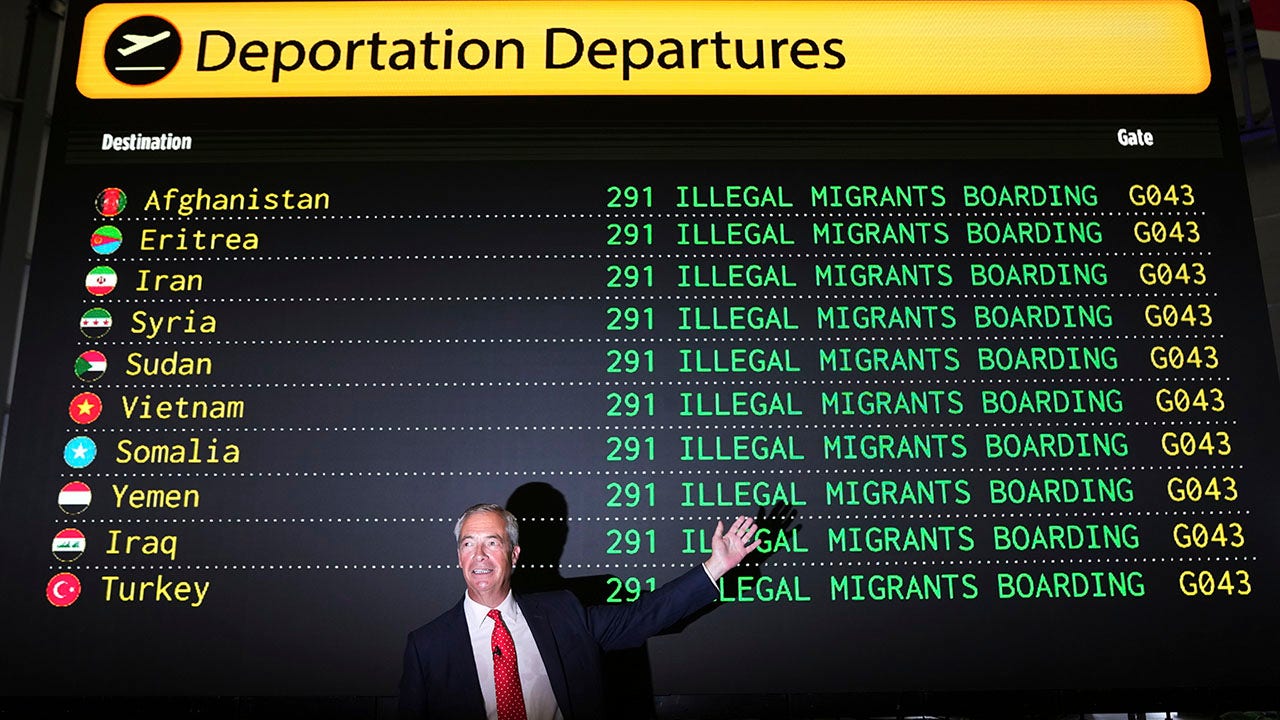The EU motto “United in Diversity” couldn’t be truer for the average working hours across the bloc.
The latest Eurostat dataset illustrates a very large spectrum of how much time employees spend grinding through a full-time working week.
On paper, the Greeks slog the most. Workers there put in an average of nearly 40 hours (39.8), the highest in the EU.
Bulgaria, Poland and Romania follow next with around 39 hours a week.
But beyond the EU, the workweek stretches even further, 43 hours in Turkey and 41 in Serbia.
Agriculture and mining workers have longest weeks
The report also shows EU citizens work slightly less compared to ten years ago. The average across the bloc is now 36 hours, down from 37 in 2014.
Data also shows which sectors work the most and the least.
Agriculture workers tend to have the longest weeks: 41 hours, followed by mining and construction workers at nearly 39. At the other end of the spectrum, education workers have the shortest week with almost 32 hours, followed by arts employees at 32.9 and social workers at 33.4.
Four-day working week: Which countries have tried it?
Four-day working weeks have been trialled across Europe with mixed results and feedback.
Companies took part in pilots and tests in countries like the UK, Germany, Portugal, Iceland, France and Spain.
In any case, no European country has officially mandated a four-day work week with reduced hours across all working sectors.
Belgium was the first European country to enshrine the shorter week into law, in 2022. However, although employees can choose to work four days instead of five, they still need to work the same number of hours.
Read the full article here
















